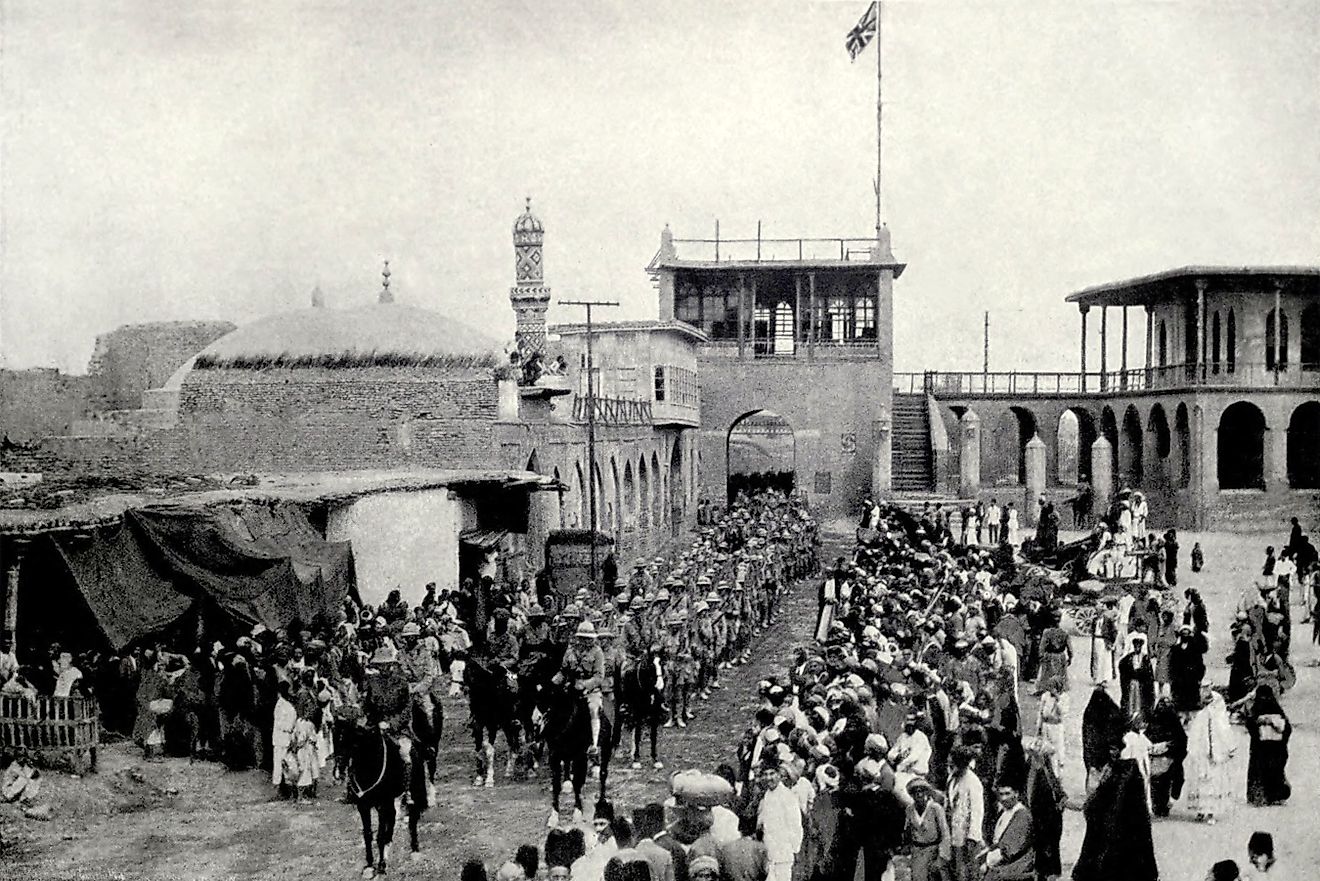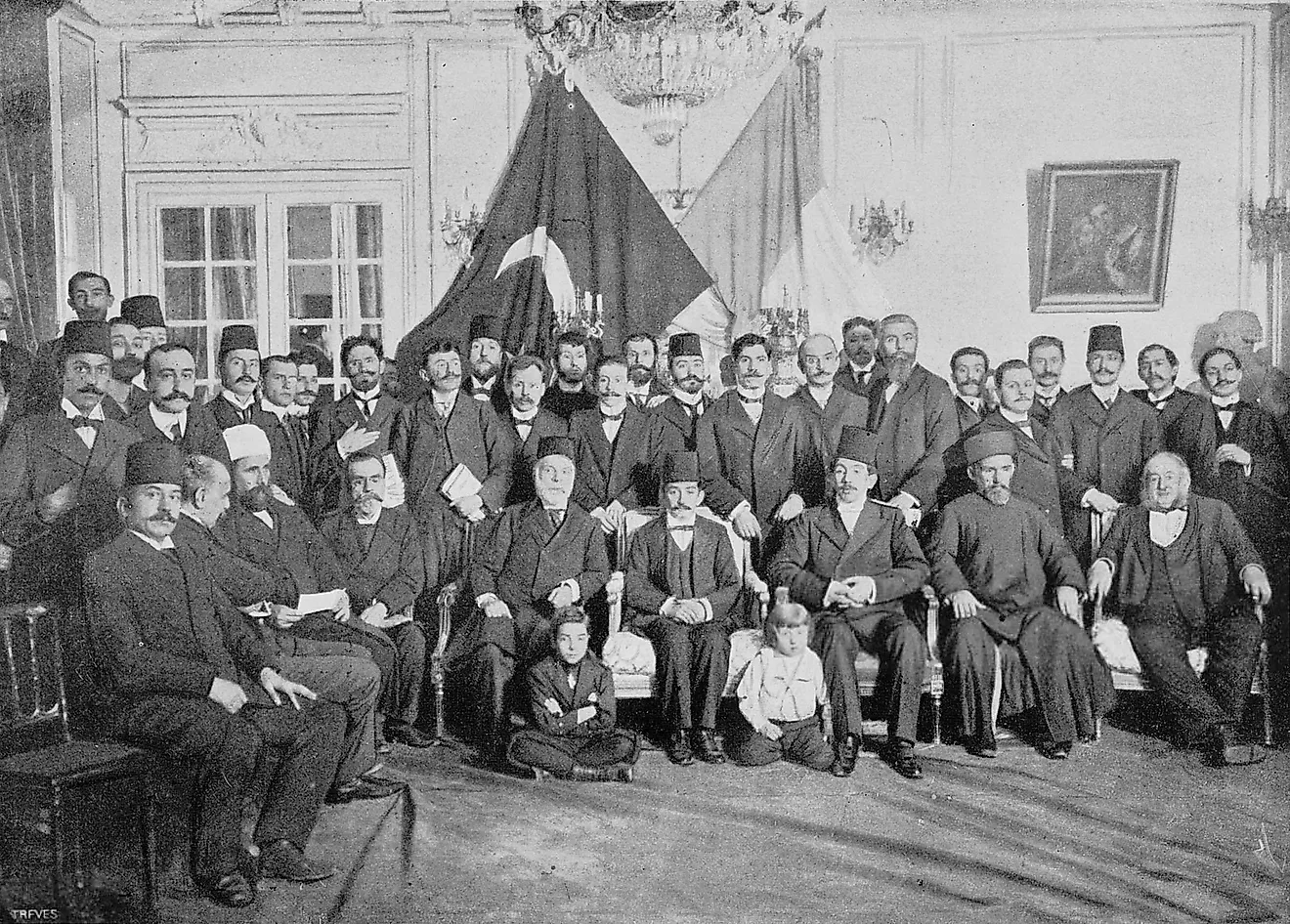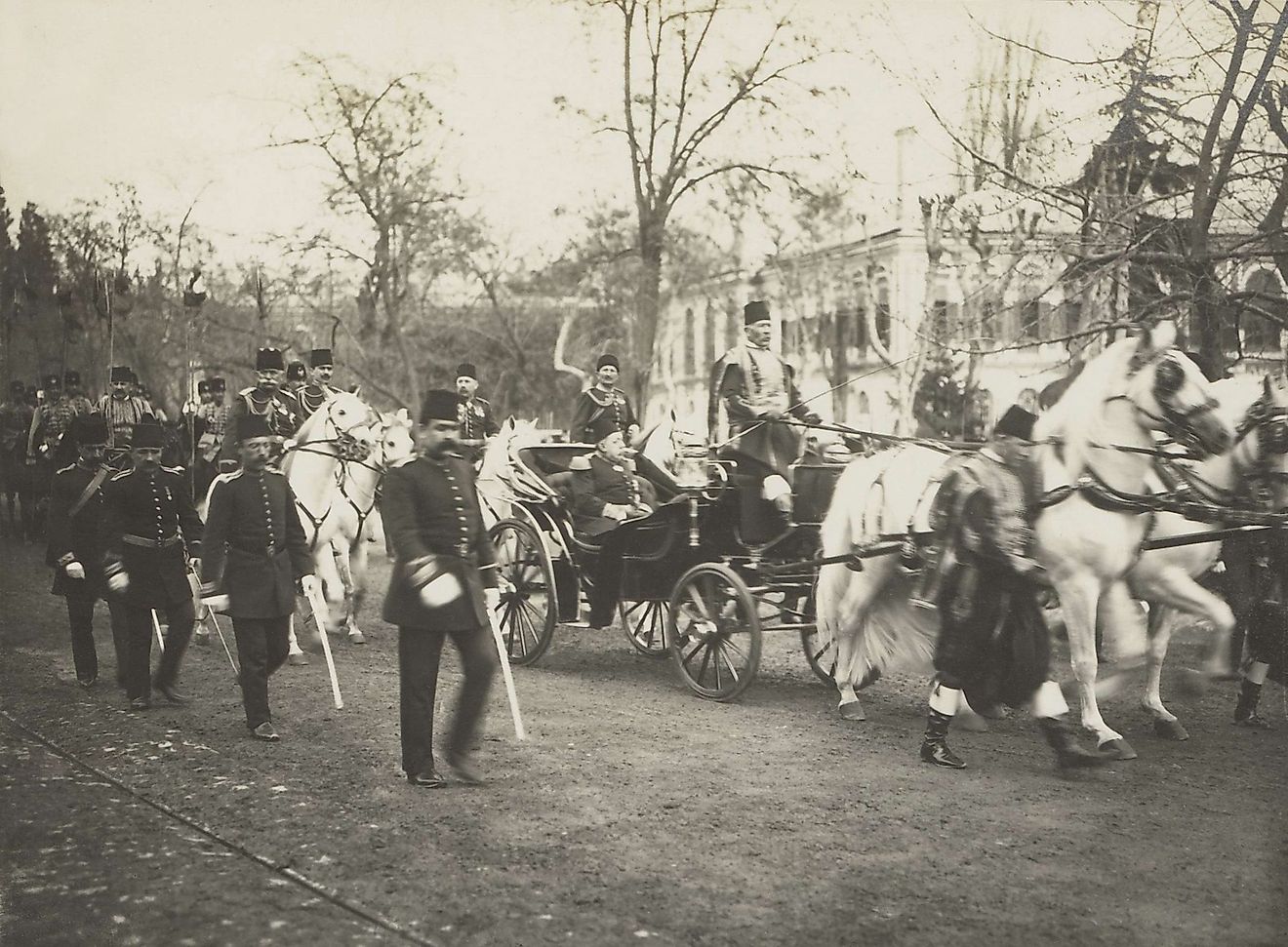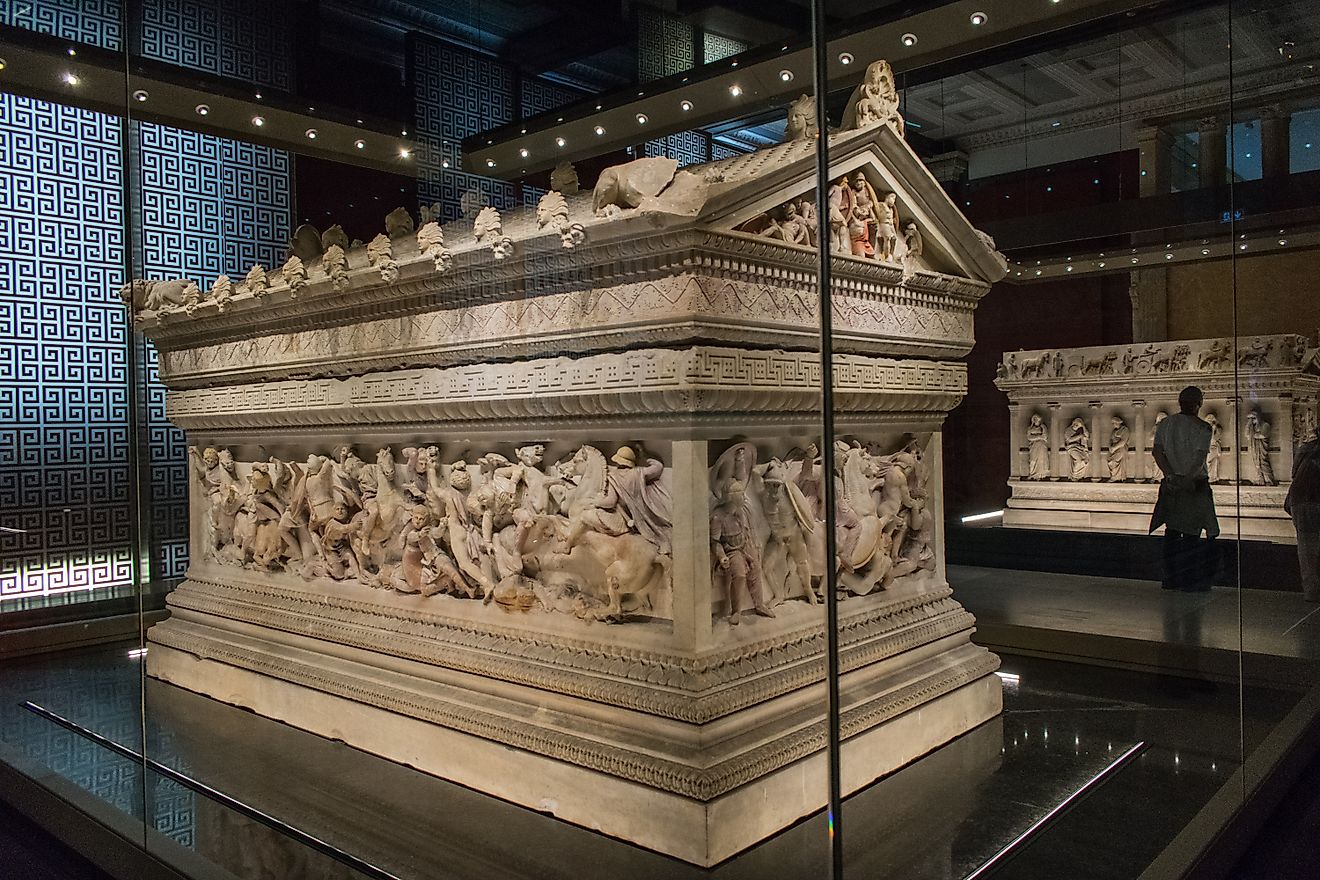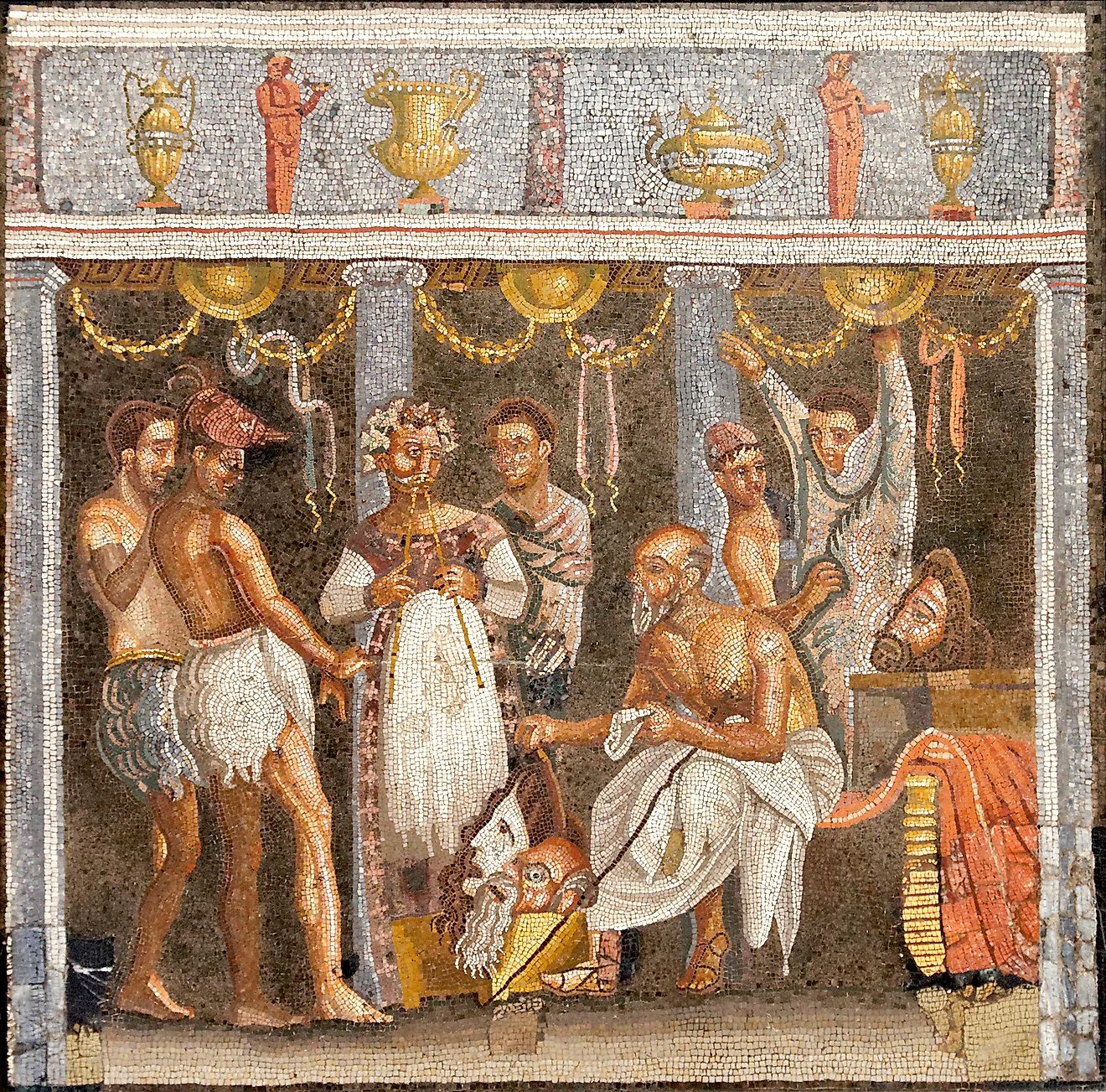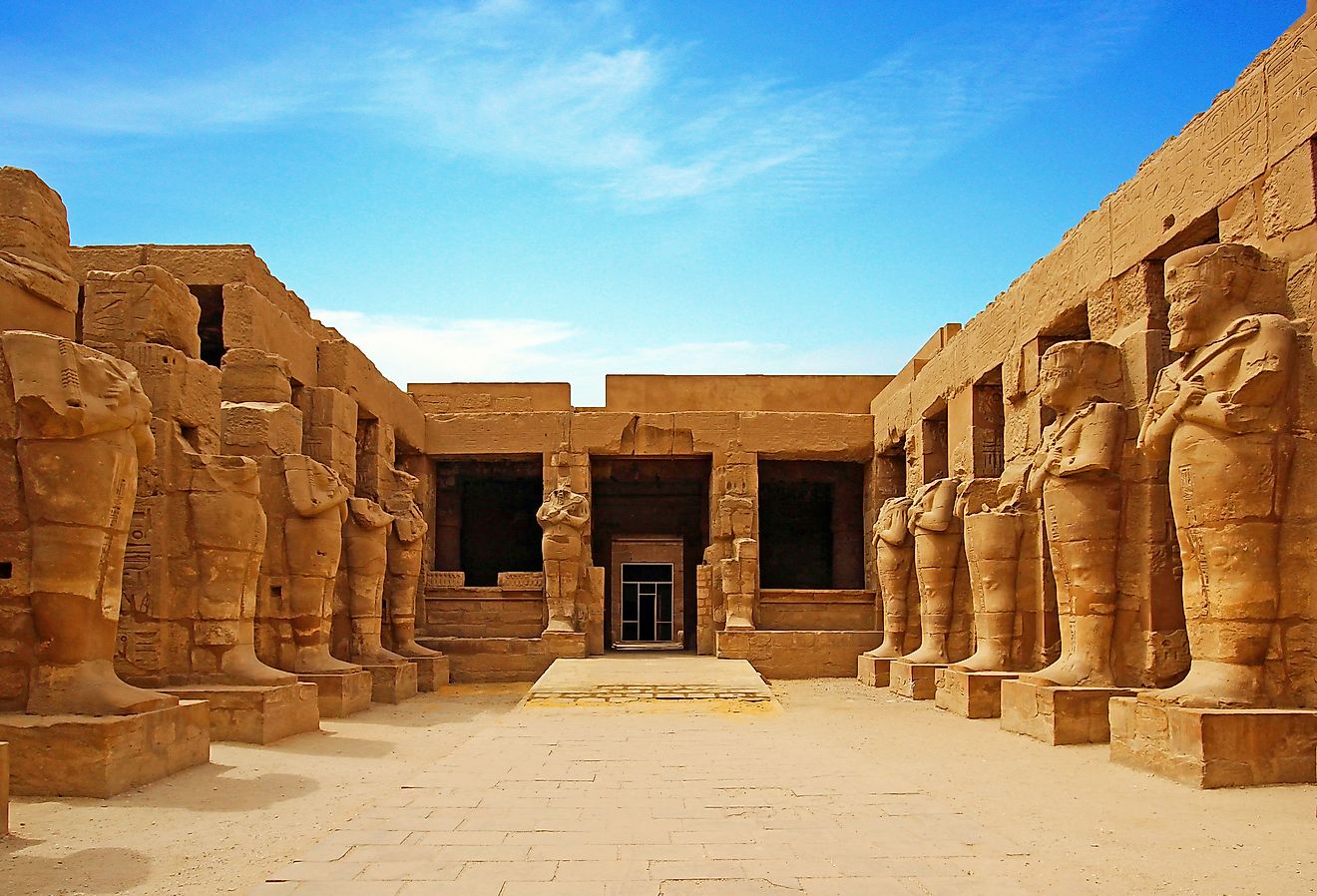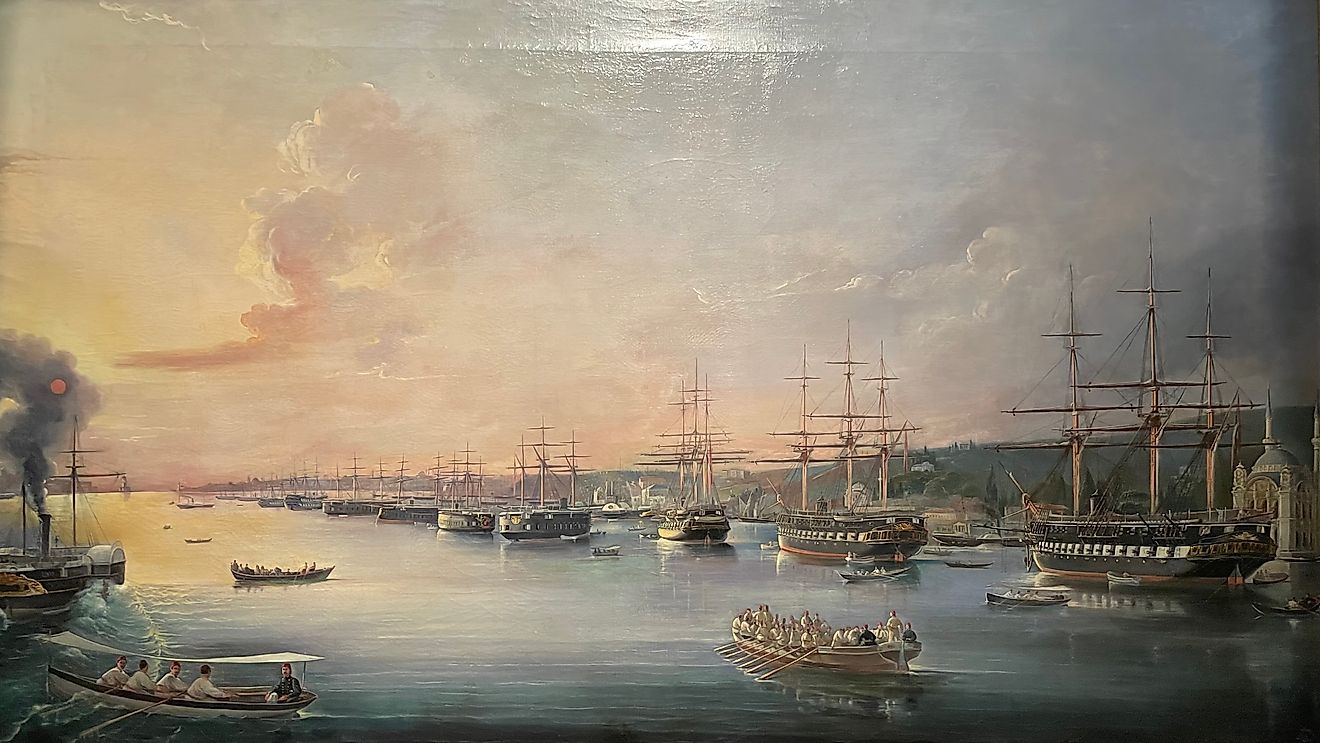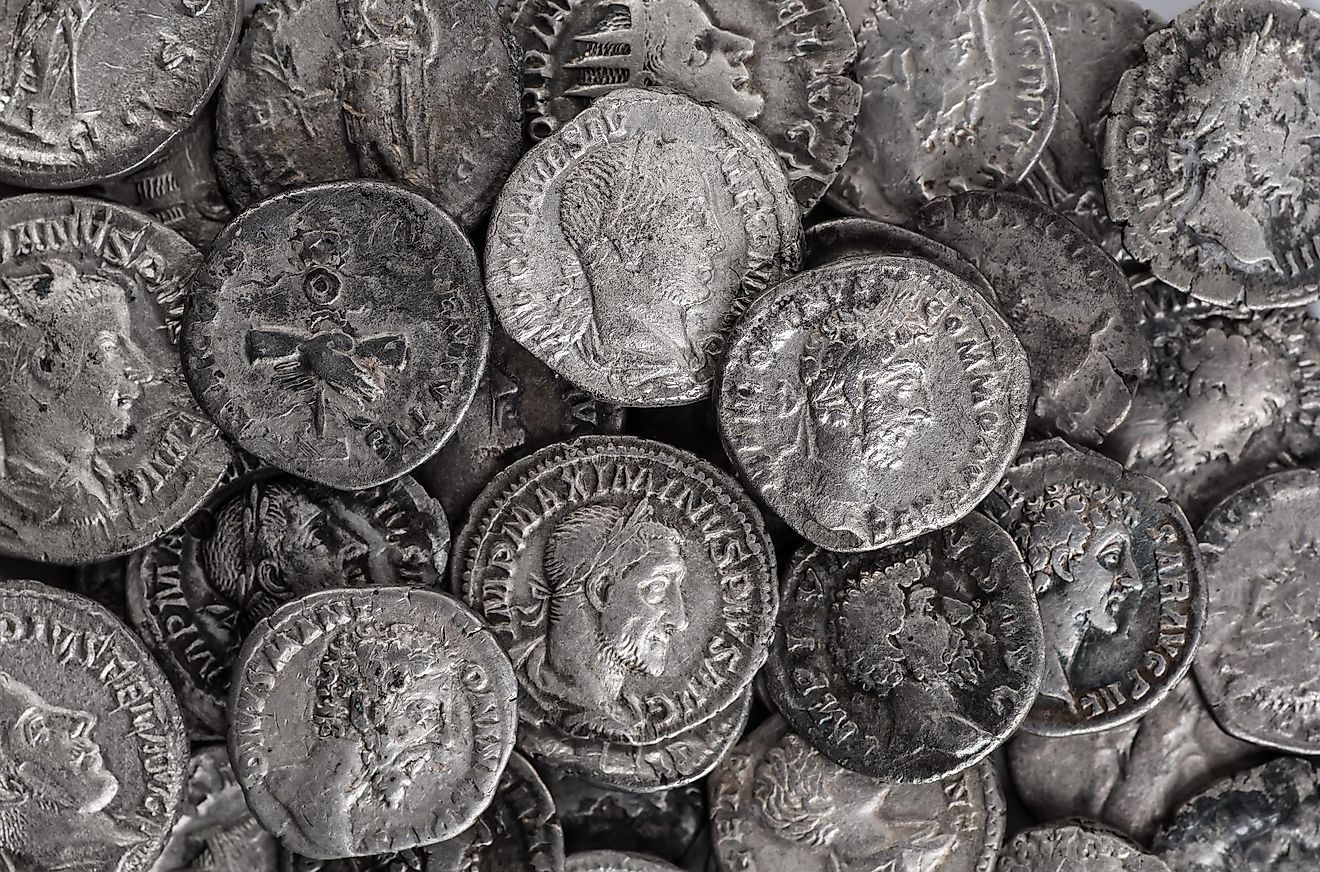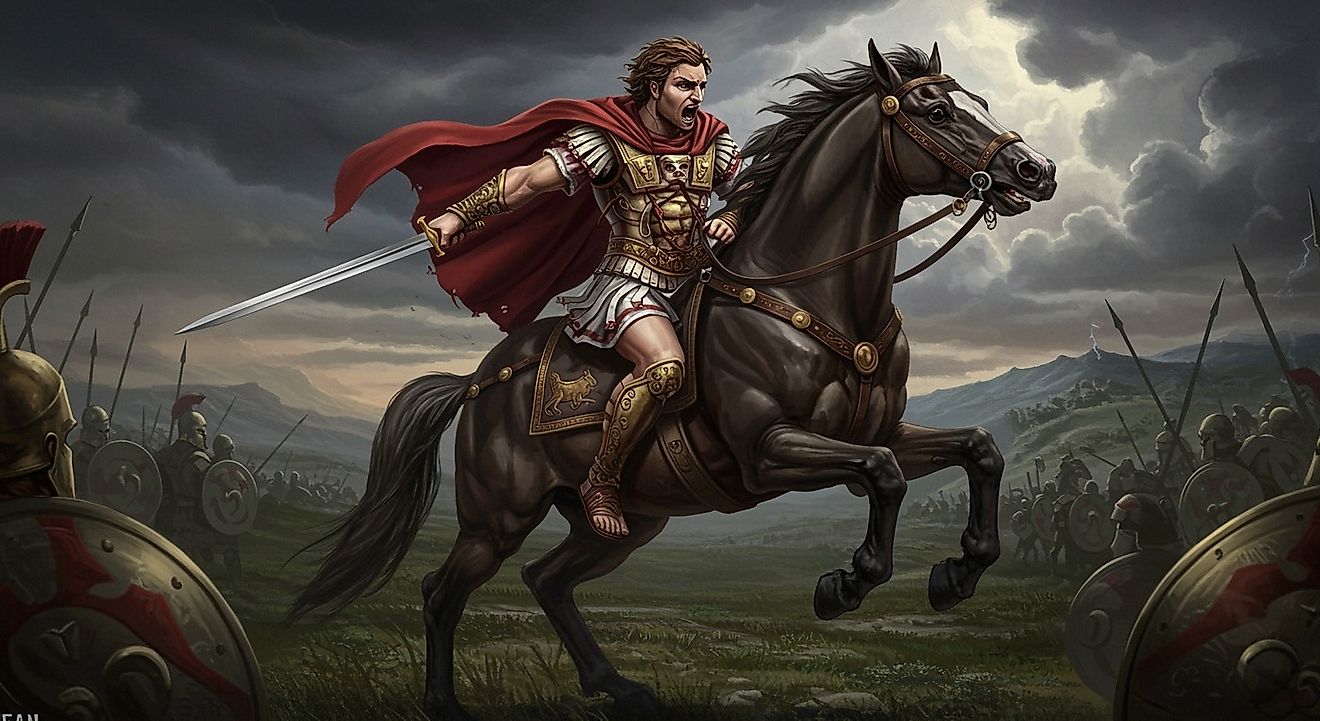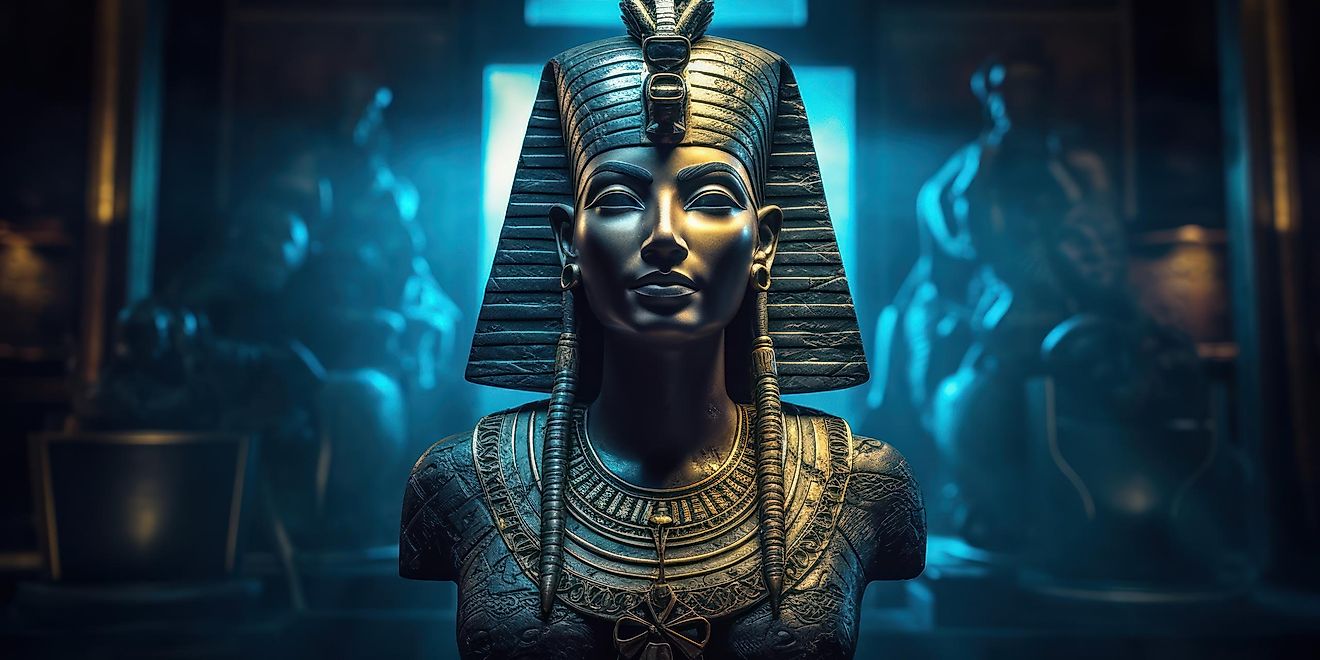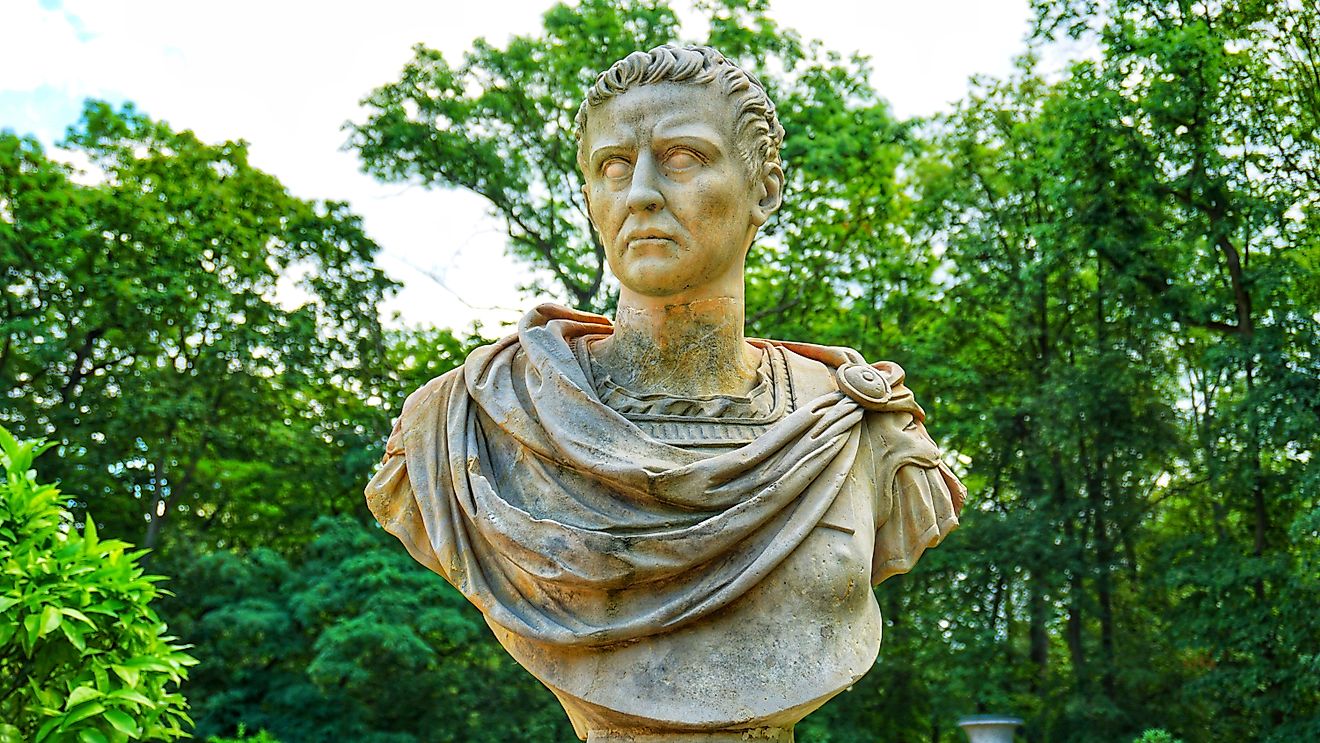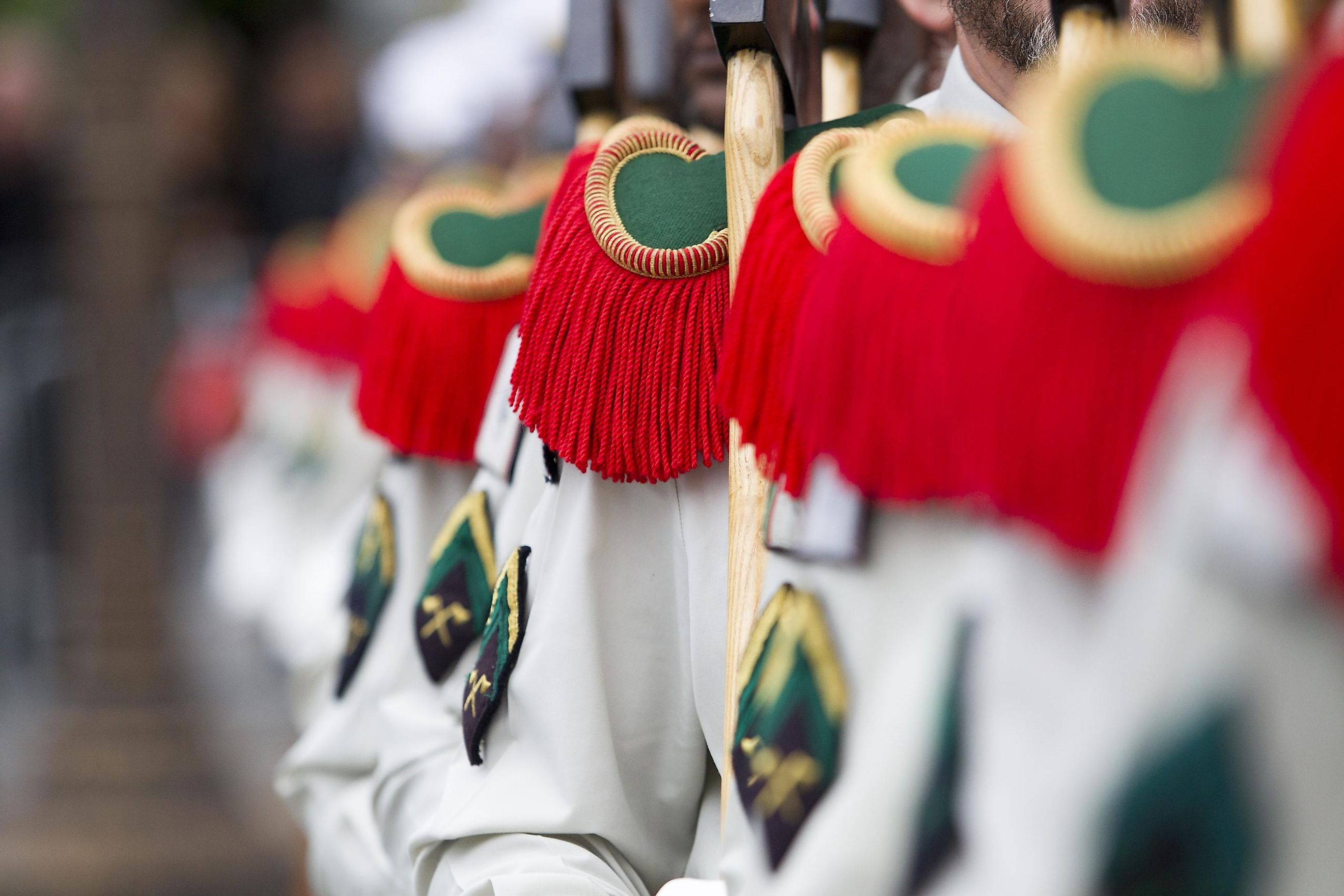
French Foreign Legion
In the modern military landscape, there is perhaps no other group more unique than the French Foreign Legion (FFL). What makes the FFL special is not their high level of training, dangerous missions, or effectiveness in combat but rather the organization's rich history and culture. The image of the FFL has reached near-mythical levels of mystery and intrigue across scores of young men around the world.
What sets the FFL apart from other nation's special forces is its openness to outsiders. As the name would suggest, the French Foreign Legion is a unit within the French military that can be joined by any man around the world. As long as someone is between the ages of 17 and 40, it does not matter where you are from, what god you pray to, or who you vote for, if you are interested in joining, the French Foreign Legion is interested as well.
The Legion's Early History
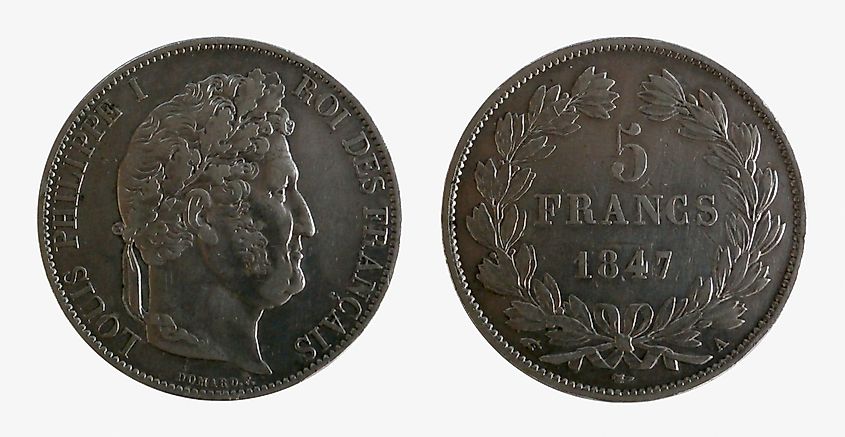
The FFL was first founded by the French monarch King Louis-Philippe in 1831. Louis-Phillippe created this unit during the French conquest of Algeria. The subsequent fighting resulted in an influx of refugees from the area flooding into French territory. The early legion was largely made up of ex-soldiers from across Europe as well as North Africans who sided with the French invaders.
The life of legionaries was especially brutal in the early years. The French military was known for using the FFL as disposable cannon fodder and were often thrown into hopeless situations with little thought or care about their survival. Despite this open hostility towards the FFL, the legionaries quickly gained a reputation as being hardnosed and effective fighters albeit a little undisciplined.
The FFL was mostly stationed in Algeria in its adolescence in which it was tasked with conducting counterinsurgency measures. Legionaries often resorted to various acts of barbarity like mass killings and torture whenever they would come across villages that were suspected of offering aid to resistance fighters. The FFL had attracted all manner of criminals, outlaws, refugees, and soldiers of torture from around Europe at this point and their often shameful background usually came to the forefront on more than one occasion. Sadly this kind of behavior was not isolated to only the FFL, the regular French army was not shy about inflicting civilian casualties if it meant "pacifying" a region.
The FFL would go to see action in many of France's major wars of the 19th century. The FFL was used in the Crimean War and the French invasion of Mexico with resounding levels of success. While stationed in Mexico the FFL saved itself from being disbanded after the unit was able to hold off a large contingent of Mexican troops at the small village of Camerone.
The Golden Age of the FFL
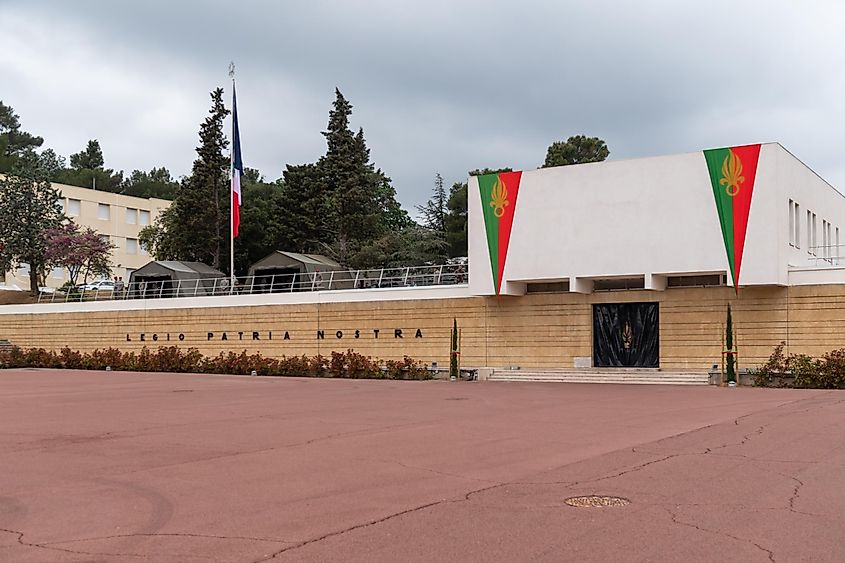
After the disastrous and humiliating defeat at the hands of the German Empire during the Franco-Prussian War of 1871, France doubled down on its colonial ambitions as a way to compensate for its loss of prestige. The French military grew exponentially and with it, so did the FFL.
Between 1871 and 1914, the French Foreign Legion numbered as high as 10,000 members and participated in numerous campaigns around the world. Wherever France was fighting, the FFL was not far behind. The Legion saw use in Madagascar, Indo-China, and Africa.
As the Legion saw more use around the globe the more attention they received from the press. It did not take long for journalists and novelists to begin telling harrowing tales of the acts of bravery and courage. A strong sense of romanticism and adventure started to surround the organization which only led to a bigger increase in volunteers wanting to see if they had what it takes.
The World Wars and Beyond
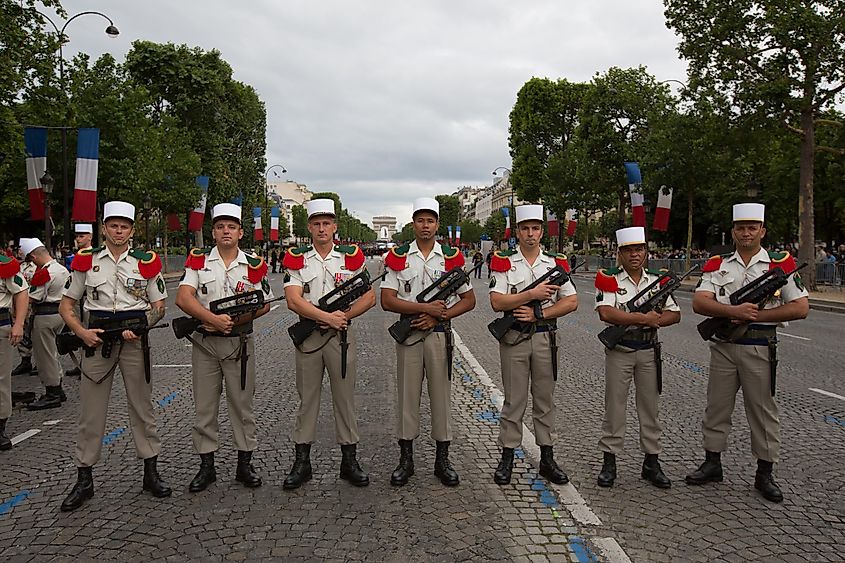
The FFL was utilized quite heavily in both World Wars. In both instances, the legion saw a large influx of volunteers who were looking to enact revenge against the German military. During the Second World War especially, large numbers of European Jews and veterans of the Spanish Civil War made up large bulks of the unit.
During decolonization, the FFL was used in vain against the Vietnamese and Algerians. The unit performed quite well in both conflicts but it was not enough. France lost its overseas empire by the middle of the 1970s and the use of the FFL has to be revised as a result.
In the 21st century, the FFL has shrunk considerably to only a few thousand men. However, this has only made the training and expectations of the FFL that much greater. The FFL is now primarily used to conduct special forces missions around various conflict zones. The legion most recently saw notable use in places like Afghanistan and West Africa.
A Sense of Adventure

Since its inception, the French Foreign Legion has attracted all kinds of men looking to start anew. Whether out for revenge, fleeing the law, searching for wealth, or just a sense of adventure, the FFL will at the very least give you a chance to join.
Training is incredibly tough and only a small number of recruits actually make it past training. The FFL is also adamant that all recruits learn the French language. All instruction and training is conducted in French by French officers. If recruits do not reach a level of French comprehension within a few weeks that is deemed acceptable, they will be removed from the selection process.
Another interesting aspect of the FFL is its promise of French citizenship upon the completion of one's service. After three years of serving in the FFL, a member is then eligible to apply for French citizenship. Something that is not taken lightly by the French government or military.
Remaining one of the most unique and well-respected military units in the world, the allure of the French Foreign Legion still remains just as strong as it was the day it started. Despite France's shrinking military role in global affairs since the middle of the 20th century, there is a good chance the FFL will not be in short supply of volunteers.
No matter your past, faith, nationality, or race, anyone around the globe can find a home in the French Foreign Legion if they are willing to make the sacrifice.

